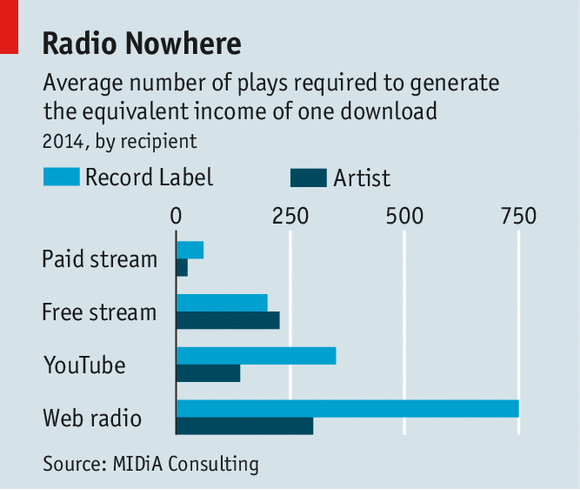Working with my team to analyze WestJet and create a comprehensive marketing plan + video was a great learning experience. Working in a group allowed me to hear the opinions of others thus getting a more thorough understanding of the topics discussed.
The written assignments were interesting but at times it was not clear to what depth we should go into. For these assignments we ended up receiving average marks. Looking back, I can say that we could have put more detail into our specific targets and segmented but I am happy with our performance overall for the written assignments. As for the video, this was an assignment that I especially enjoyed completing with my group. It gave us a chance to be creative and summarize all of our previous findings into interactive and funny video. I took a leading role in making and editing the video because I have had past experience with IMovie. The process of making the video was quite fun as well as watching and grading the videos of other groups. I think Professor Silva made a good choice in giving a video assignment instead of presentations. Video assignments are much more interesting to watch and make. In other classes students must sit through days of presentations and I think it is a waste of class time and can be very uninteresting.
In summary, working on the assignments and video in my team was a great experience that allowed me to learn from others and share my ideas. However, it is impossible to control the level of enthusiasm of other team members, I felt that some of the members in my group did not participate as much as I would have liked them to. Social loafing is hard to avoid in all groups. But overall it was a great way to get my feet wet with marketing, and I would do it again if I could!


 Follow
Follow








